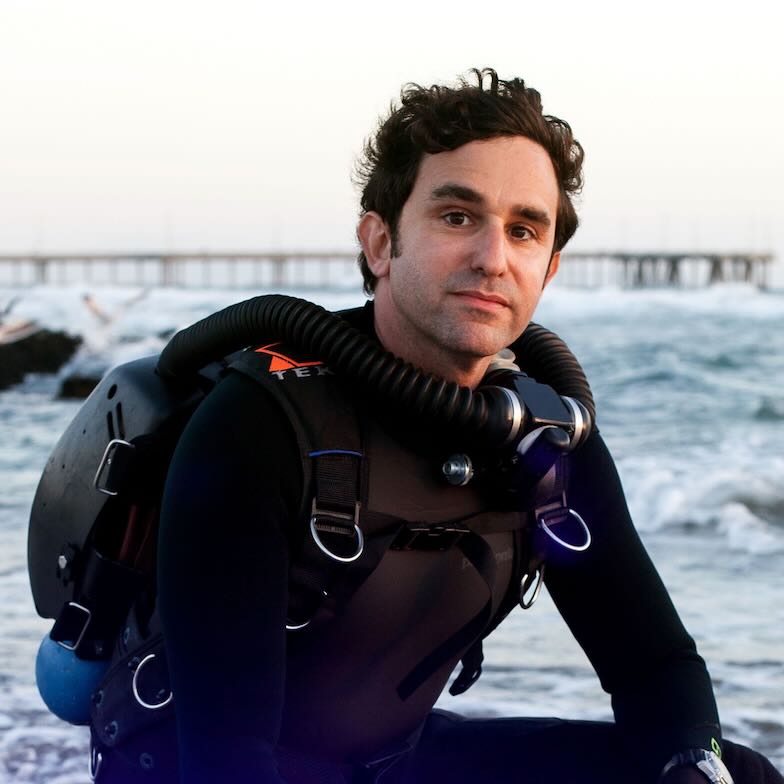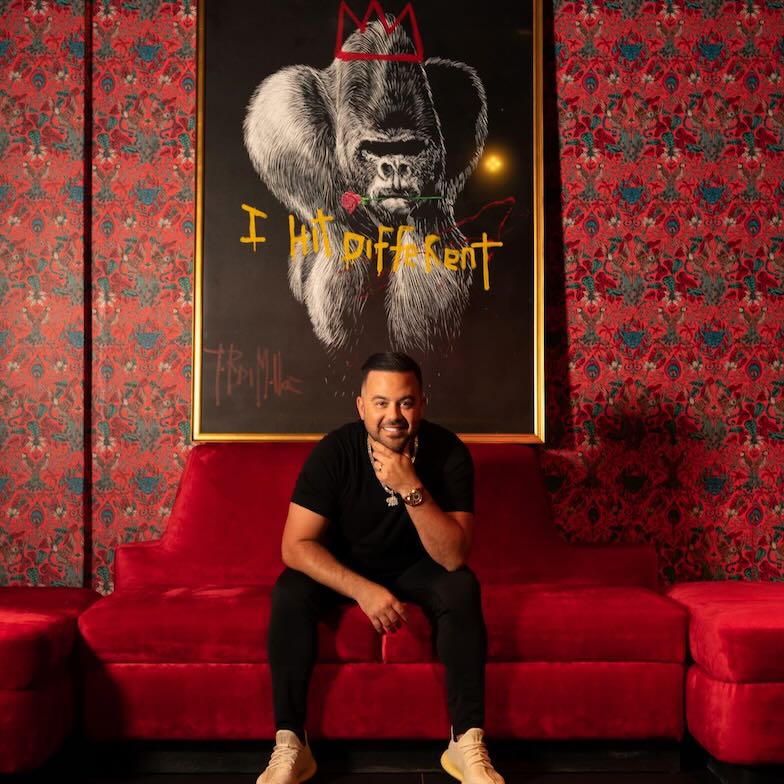
Biologist David Gruber is asking what would happen, as the song goes, “if I could talk to the animals.” His Project CETI (Cetacean Translation Initiative) is using AI in an attempt to decode whale songs. It’s just the latest in a career of trying to understand undersea life. A professor of biology and environmental sciences at Baruch College, Gruber conducted pioneering research in marine biofluorescence and bioluminesce. He’s discovered over 200 species with the capabilities, including the first sea turtles to exhibit them. To understand the perspective of fluorescent sharks, he helped develop a “shark’s eye” camera that captures the species’ blue-and-green-only vision. To understand jellyfish, he developed robots to delicately handle the fragile creatures.
In 2017, Gruber’s attention turned to whales, and research on possible conversations between sperm whales through the same clicking sounds they use to echolocate prey. Together with AI experts, Gruber hatched a plan to use machine-learning to determine what whales might be saying, and perhaps how to talk back. Launched in 2020, Project CETI is making extensive recordings of sperm whales in the Caribbean, and this year released research highlighting its AI-deciphering progress. It also captured spectacular video of sperm whales’ team effort in the birthing process.


